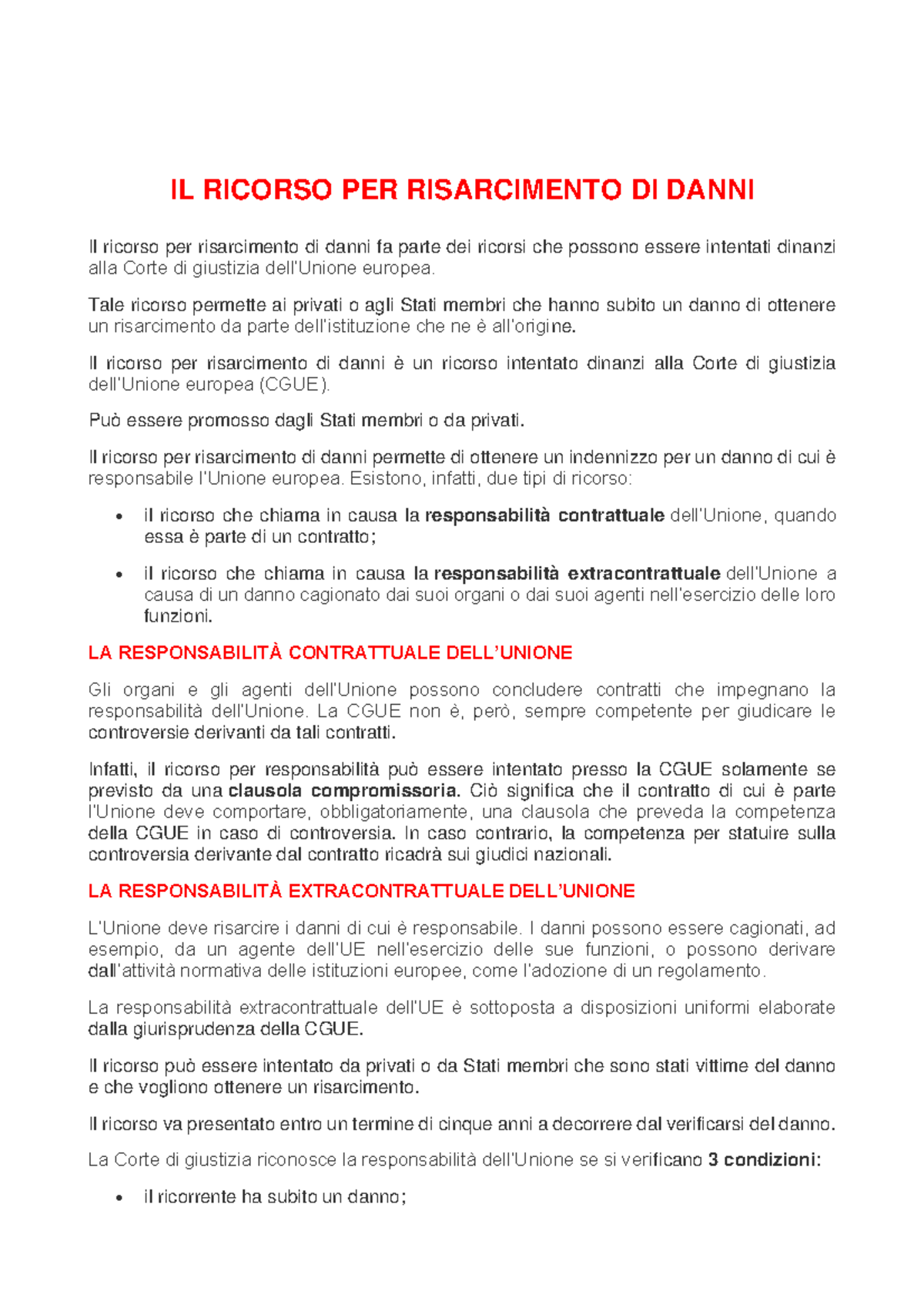Apple's €162 Million Privacy Fine: What It Means For Data Protection

Table of Contents
Apple, a company often lauded for its privacy focus, recently faced a significant setback with a €162 million privacy fine. This substantial penalty, levied by a European authority, highlights the evolving landscape of data protection and underscores the importance of stringent compliance with regulations like the GDPR. This article delves into the implications of this landmark fine and explores what it means for businesses handling user data, especially within the EU.
The Details of Apple's Privacy Fine
The Alleged GDPR Violation:
The Dutch Data Protection Authority (DPA) fined Apple for allegedly violating Article 5 of the GDPR, which concerns the principles relating to processing of personal data. The DPA accused Apple of insufficient transparency regarding its data collection and use practices related to personalized advertising in its App Store. Specifically, the accusations included:
- Lack of clear and concise information: Apple allegedly failed to adequately inform users about the extent of data collection for personalized advertising.
- Insufficient user consent: The DPA argued that Apple did not obtain valid and informed consent from users before processing their data for targeted advertising.
- Opaque data processing practices: The authority claimed that Apple's data processing practices were not sufficiently transparent, making it difficult for users to understand how their data was being used.
The Dutch DPA's official press release [link to press release here] provides further details on the specifics of the alleged violation.
The Amount of the Fine and its Significance:
The €162 million fine is a significant sum, representing one of the largest GDPR fines imposed to date. While not a record-breaking fine, its magnitude reflects the seriousness with which European authorities are approaching data protection violations. This penalty sends a strong message to other tech giants and businesses operating within the EU that non-compliance with the GDPR will result in substantial financial consequences.
- Comparison to other fines: While other companies have faced substantial fines under the GDPR, Apple's penalty is notably high, demonstrating the potential financial risk associated with data protection non-compliance. [Insert comparison data to other significant GDPR fines here].
- Impact on Apple's finances: While €162 million represents a relatively small percentage of Apple's overall revenue, the fine highlights the potential for significant financial repercussions from regulatory action. The impact on Apple's stock price was relatively minor in the short-term, but the long-term implications remain to be seen.
Implications for Businesses Handling User Data
Increased Scrutiny of Data Practices:
Apple's fine sets a significant precedent for stricter enforcement of the GDPR and other data protection regulations worldwide. Businesses must proactively review and strengthen their data handling practices to avoid similar penalties. Key measures include:
- Obtaining explicit consent: Ensure that consent for data processing is freely given, specific, informed, and unambiguous.
- Ensuring transparency: Provide clear, concise, and easily accessible information about data collection and use practices.
- Data minimization: Collect and process only the minimum amount of personal data necessary.
- Regular data protection audits: Conduct regular audits to identify and address potential vulnerabilities and compliance gaps.
- Data Protection Impact Assessments (DPIAs): Carry out DPIAs for high-risk data processing activities.
- Appointing a Data Protection Officer (DPO): Consider appointing a DPO, especially if your organization processes large amounts of personal data.
The Impact on App Tracking Transparency (ATT):
The Apple privacy fine indirectly relates to Apple’s App Tracking Transparency (ATT) framework. While the fine wasn't directly related to ATT, it reinforces the growing emphasis on user privacy and control over data. The fine highlights the complexities involved in balancing user privacy with the need for targeted advertising.
- Tension between privacy and advertising: ATT has presented challenges for app developers who rely on targeted advertising for revenue. This fine emphasizes the need for developers to find innovative ways to balance user privacy with their business models.
- Future of data collection in apps: The fine signals a shift towards greater user control and transparency in app data collection. This will likely lead to further innovation in privacy-preserving technologies and advertising models.
- Potential legal challenges: The ATT framework has faced legal challenges, and Apple’s fine further fuels the ongoing debate regarding the balance between user privacy and business interests.
Navigating the Complexities of Data Privacy Regulations
The Importance of GDPR Compliance:
The GDPR is a complex but crucial piece of legislation. Understanding and adhering to its principles is paramount for any business processing personal data of EU residents. Key principles include:
- Lawfulness, fairness, and transparency: Data processing must be lawful, fair, and transparent to the data subject.
- Purpose limitation: Data should be collected for specified, explicit, and legitimate purposes.
- Data minimization: Only collect and process necessary personal data.
- Accuracy: Data should be accurate and kept up-to-date.
- Storage limitation: Data should only be kept for as long as necessary.
- Integrity and confidentiality: Data should be protected against unauthorized access, use, disclosure, alteration, or destruction.
- Accountability: Organizations must be accountable for compliance with the GDPR.
Non-compliance can lead to substantial fines, as evidenced by Apple's €162 million penalty.
Resources and Support for GDPR Compliance:
Several resources are available to help businesses navigate the complexities of GDPR compliance:
- European Data Protection Board (EDPB): The EDPB website provides guidance and resources on GDPR compliance. [Link to EDPB website here]
- Data protection consultants: Many firms specialize in GDPR compliance and can provide support and guidance.
- Data protection software: Several software solutions are available to help businesses manage their data protection efforts.
Conclusion
Apple's €162 million privacy fine serves as a stark reminder of the importance of robust data protection strategies and strict adherence to regulations like the GDPR. The penalty underscores the growing emphasis on user privacy and the significant financial consequences of non-compliance. Businesses must prioritize proactive data protection measures, including obtaining explicit consent, ensuring transparency, and conducting regular audits to avoid costly privacy fines.
To protect your data and ensure GDPR compliance, review your data handling practices immediately. If you need assistance, seek expert advice to avoid facing similar penalties. Implement robust data protection strategies and learn more about data privacy regulations today. Don't let an Apple-sized fine become your reality.

Featured Posts
-
 Dr Victoria Watlington Town Hall On Wsoc Tv Key Discussion Points
Apr 30, 2025
Dr Victoria Watlington Town Hall On Wsoc Tv Key Discussion Points
Apr 30, 2025 -
 Horoscope Today April 17 2025 Astrological Readings For All Signs
Apr 30, 2025
Horoscope Today April 17 2025 Astrological Readings For All Signs
Apr 30, 2025 -
 Super Bowl 2024 Blu Ajvi I Njena Neverovatna Slicnost Sa Bijonse
Apr 30, 2025
Super Bowl 2024 Blu Ajvi I Njena Neverovatna Slicnost Sa Bijonse
Apr 30, 2025 -
 Becciu Condanna E Risarcimento Di 40 000 Euro Agli Accusatori
Apr 30, 2025
Becciu Condanna E Risarcimento Di 40 000 Euro Agli Accusatori
Apr 30, 2025 -
 Portland Trail Blazers Play In Tournament Chances A Realistic Assessment
Apr 30, 2025
Portland Trail Blazers Play In Tournament Chances A Realistic Assessment
Apr 30, 2025
